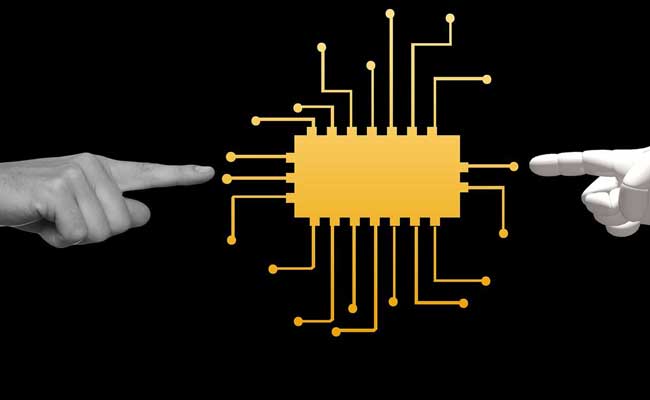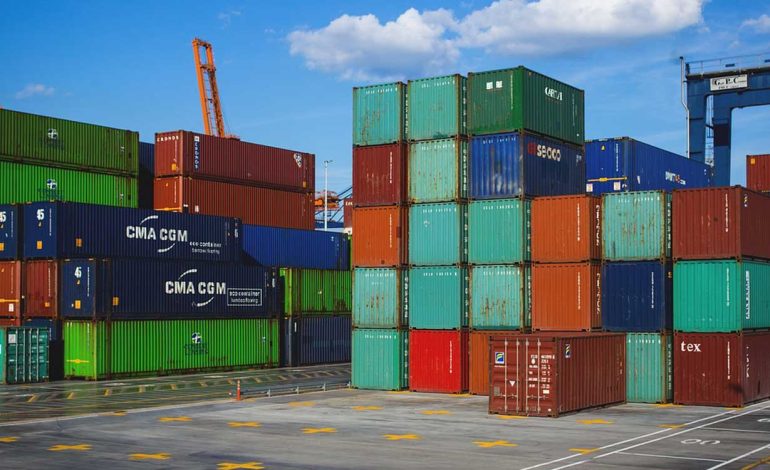Information and communication technology (ICT) has become one of the main pillars of the Mauritian economy, and Mauritius continues to aspire to be a ‘Cyber Island’. The government aims to position the republic as a leading ICT destination and a model on the African continent.

Part of realising this goal has been the modernisation of the Mauritian economy to facilitate the lives of citizens with the use of ICT, including the introduction of mobile banking and e-payment services for the following: parking fines, business registration fees, electricity and water bills, and income tax.
Another step forward has been the switch from analogue to digital broadcasting, with all households now required to have a digital set-top box or digital integrated television to receive the digital terrestrial television channels. An additional project that was integral to the expansion of technology was the shift from seven to eight digits for mobile network phone numbers since September 2013.
Part of the process for creating awareness of the ICT sector has been the ICT Expo, Infotech, an increasingly popular event that is organised every year. The main aim of Infotech is to sensitise the public to prospective applications of ICT for effective business and individual solutions and, in turn, make government services more accessible to the population.
In terms of education, there are several tertiary education institutions offering ICT courses; however, many consider that the courses on offer are not advanced or up-to-date enough, and do not allow for the development of specialised skills, for example, in game development. Although there have been advances in terms of ICT in Mauritius, despite the installation of a fibre optic network for widespread, high-speed access to the internet, Mauritius still lags significantly behind when compared to Europe and still lacks state-of-the art ICT infrastructure.


